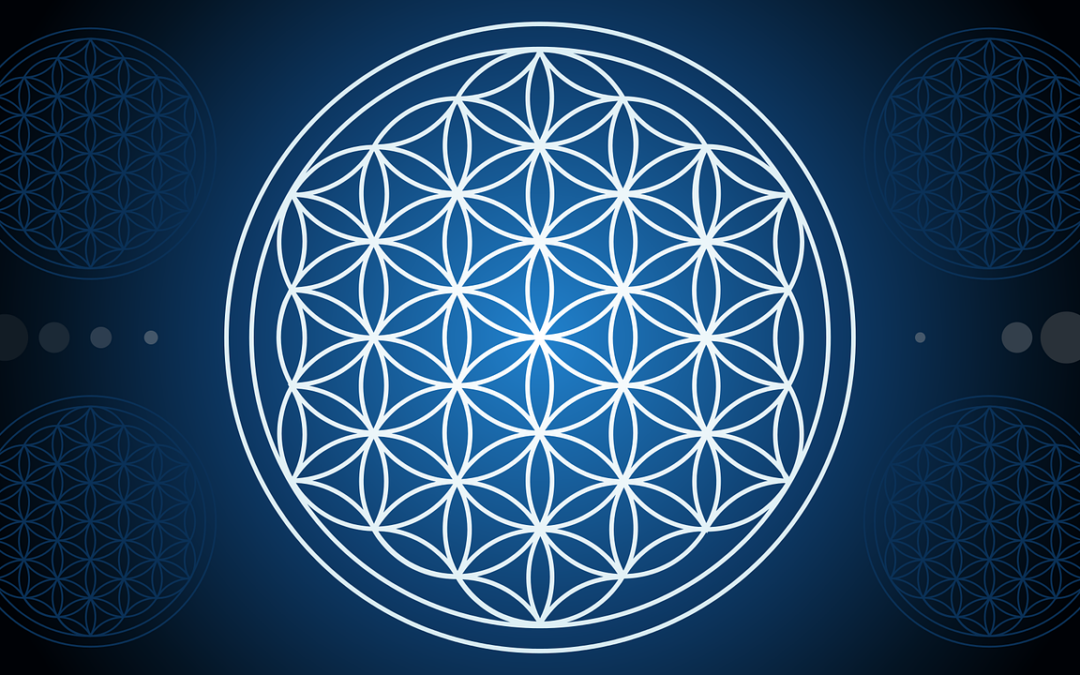The life, death, and resurrection of Jesus are central to Christian theology, with many seeing them as the cornerstone of the faith. However, these events can also be viewed through the lens of alchemy, an ancient philosophical and proto-scientific tradition that sought to transform base metals into noble ones and to discover the elixir of life, a substance believed to confer immortality. In this article, we will explore the alchemical aspects of the life, death, and resurrection of Jesus, and how they offer insights into spiritual transformation.
Transformation of the Self
One of the central aspects of alchemy is the transformation of the self. Alchemists sought to transmute base metals into noble ones, but this process was also seen as a metaphor for spiritual transformation, with the alchemist striving to transmute their own spiritual impurities into spiritual gold. Similarly, the life of Jesus can be viewed as a process of transforming the self. Jesus taught that individuals must be born again, and his followers were called to put off their old selves and put on the new self, which is created to be like God in true righteousness and holiness (Ephesians 4:22-24). This process of spiritual transformation can be viewed as an alchemical process, with the goal of transforming the base self into a noble one.
Death and Rebirth
The death and resurrection of Jesus can also be viewed as an alchemical process. In alchemy, the process of transmutation often involves the death of the old substance and the rebirth of a new one. Similarly, the death of Jesus on the cross can be seen as the death of the old self, and his resurrection can be viewed as a rebirth into a new life. This process of death and rebirth is not only a central aspect of alchemy, but it is also a common motif in many spiritual traditions.
Purification
Another aspect of alchemy is the purification of substances. Alchemists would often subject substances to various processes to purify them and remove impurities. Similarly, the life of Jesus can be viewed as a process of purification, with Jesus cleansing individuals of their sins and impurities. This purification is not only a one-time event but is an ongoing process of spiritual growth and transformation.
Divine Union
Alchemy also seeks to achieve a union with the divine. In the same way, the life of Jesus can be seen as a process of achieving union with God, with Jesus teaching that he and the Father are one (John 10:30) and that his followers can be united with him in the same way (John 17:21-23). This union with the divine is not only a goal of alchemy but is also a central aspect of many spiritual traditions.
Conclusion
In conclusion, the life, death, and resurrection of Jesus can be viewed through the lens of alchemy, offering insights into spiritual transformation. The transformation of the self, death and rebirth, purification, and divine union are all central aspects of alchemy that can be seen in the life of Jesus. Whether one is familiar with alchemy or not, these concepts can offer a deeper understanding of the significance of Jesus’ life, death, and resurrection, and their ongoing relevance for spiritual growth and transformation.

